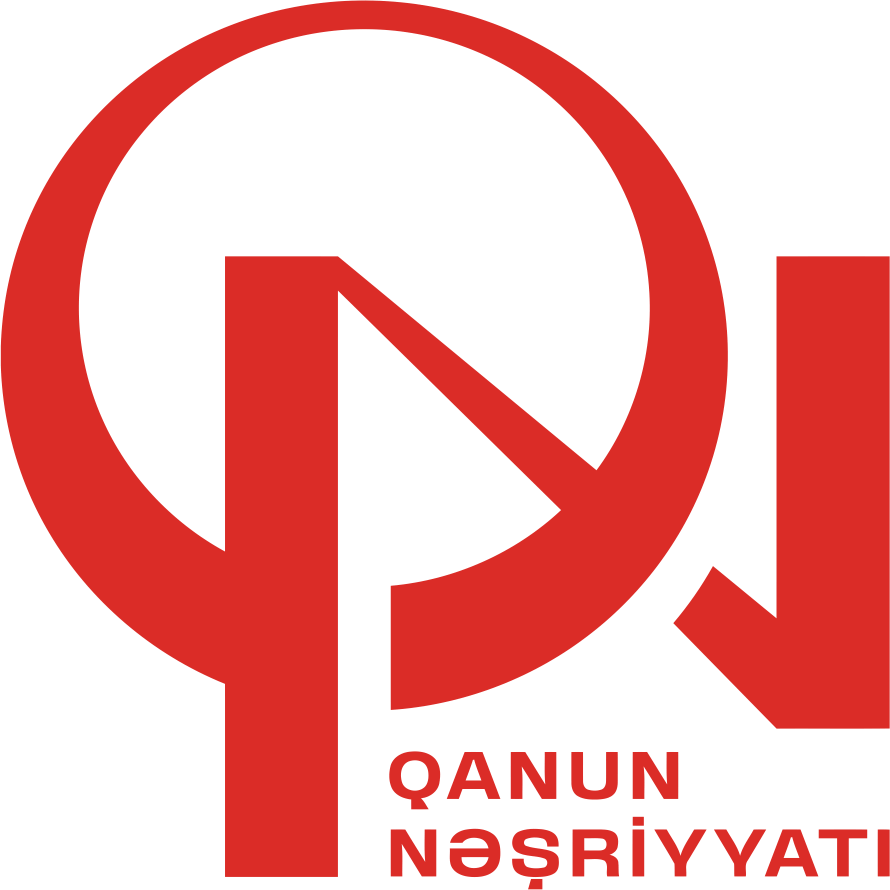Aliyev Shamsi Gasim,
Master’s student, Administrative Law, Administrative Process, Economic and Financial Law
specialty, Law Faculty, Baku State University; Corporate Lawyer
at “Unibank Commercial Bank” OJSC
Adress: Baku city, R. Behbudov street, 55, block 384
E-mail: [email protected]
In the conditions of market relations, it is important to continuously attract financial resources to the country’s economy. The presence of a financial market that ensures the involvement of domestic and foreign resources in economic development has become a necessity. Thus, in modern conditions, financial markets play an important role in providing them with financial resources both at the macroeconomic level and at the state level, regardless of the form of ownership. Therefore, the development of the market economy is impossible without the financial market. The financial market is a special form and method of organizing the flow of money and is a set of trade relations in the sphere of financial relations.
The financial market is a form of market where financial resources appear as commodities. In other words, the financial base is a market that ensures the distribution of funds among economic subjects. [1, p.550] The purpose of the financial market is to ensure the efficient mobilization of funds and their sale to those who need financial resources.
One of the main factors of the need for the creation of the financial market is the unequal distribution of financial resources. In this sense, we can say that financial markets perform the important economic function of diverting funds from households, firms, and governments who have saved surplus funds by spending less than they earned to those who do not have funds because they want to spend more than they earn [4, p.18].
It is possible to classify financial markets according to a number of characteristics. Financial markets can be classified as primary or secondary, centralized exchanges or over-the-counter, debt and equity or derivatives markets and so on [2, p.391]. Another general classification is differentiated between money markets and capital markets, both of which are often considered components of the debt market. Main basis for the distinction is the length of the maturity of debt instruments. Maturity in debt instruments of money markets generally does not exceed one year.
Markets where short-term (usually up to 1 year) fund suppliers and fund demanders meet and where fund (resource) exchange occurs are called money markets. These markets are called “money markets” because the assets traded are short-term—one day to one year to maturity—and are usually easily converted to cash [5]. Now let’s look at how the money market works, and analyze its comparison with the capital market.
Despite thorough cash-flow planning, banks and financial institutions can experience discrepancies between actual inflows and outflows on any given day. They are either over or underfunded with cash. These are inherently short-term in nature. Despite the fact that this occurs in every business, commercial businesses can handle it since they rely on their banks. A run on the banks would occur if banks and other financial institutions with volatile shortages failed to satisfy their obligations, which they could not delay. Conversely, banks and other financial organisations with transient surpluses are searching for chances for extremely short-term investments. However, they ought to be extremely risk-free or safe. A day’s delay or any other kind of default would put the banks and other financial institutions in needless danger. It is important to keep in mind that these so-called “investments” are, by definition, the temporary deployment of funds with the expectation of a return. We can characterise these as short-term financial holdings till needed. Therefore, the general principle of “trade-off between risk and return” is not applied while making investments in the money market [6]. However, it is also a market for money looking for secure or low-risk investments. Due to these and other characteristics, the money market differs from the capital market.
